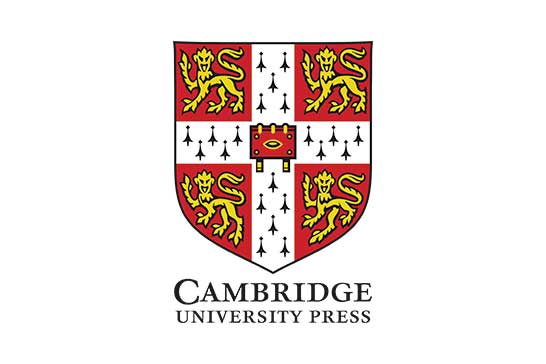Conference
22-25 February 2024, King’s College London (KCL)
Centre for the Study of Governance and Society (CSGS)
London, UK, organized and moderated by David Gindis and Pavel Kuchař
List of presenters and sessions
Download the conference schedule (version of 10 January 2024)
Venue
Sessions will take place in KCL Strand Council Room (directions) (accessibility information) (information about the room). Coffee breaks will take place in the KCL Strand Old Committee Room
Call for papers
Published on 28 March 2023 by David Gindis and Pavel Kuchař
Overview
It is increasingly acknowledged that the creation of long-term prosperity for business and society requires rethinking the business corporation. In this context, it has been suggested that the corporation can be usefully seen as a “commons,” namely as a shared resource that is collectively held and managed for the benefit of multiple interests.
This idea has been extended to benefit corporations, cooperatives, mutuals, and social enterprises, and can in principle apply to the way we think about start-ups, the new blockchain-based decentralized autonomous organizations, or municipal and other public corporate actors. But considerable conceptual and empirical elaboration is needed to operationalize the “corporation-as-commons” idea. In what sense is a corporation a shared resource, and how is it collectively governed as such?
To frame this promising new area of interdisciplinary research, this collection of papers, to be published in the volume on Governing Corporate Knowledge Commons (Cambridge University Press), will draw on the Governing Knowledge Commons (GKC) research program and explore the institutional arrangements and governance practices that help produce, reproduce, and transform the shared intellectual, social, and legal infrastructures upon which corporations of various sorts rely.
Research topics
We invite theoretical, empirical, and case study-based papers related to the following topics:
- Specificities of corporate knowledge commons vis-à-vis other knowledge commons
- Corporate knowledge commons and alternative forms of the firm
- Corporate knowledge commons across different industries and business models
- Production, reproduction, and transformation of corporate knowledge commons
- Corporate knowledge commons for new ventures
- Firms as architects of corporate knowledge commons
- Legal forms as corporate knowledge commons
- Soft law as corporate knowledge commons
- Governing intrafirm knowledge commons
- Governing corporate knowledge commons transcending the firm’s legal boundaries
- Corporate knowledge commons and corporate governance
- Accounting for corporate knowledge commons
- Corporate knowledge commons in informal economies
- Corporate knowledge commons and institutional experimentation
- Power in and unequal access to corporate knowledge commons
- Corporate knowledge commons and extant theories of the firm
- Corporate knowledge commons and corporate social responsibility
- Corporate knowledge commons and sustainable development
- Histories of corporate knowledge commons
- Ontologies of corporate knowledge commons
Submission guidelines
Submissions must be original, unpublished, and not under consideration for publication elsewhere. Long abstracts (500-1000 words) or drafts of full papers can be submitted. Submissions should be sent to both editors, with the subject line “Governing Corporate Knowledge Commons.”
- Dr David Gindis (d.gindis@herts.ac.uk)
- Dr Pavel Kuchař (pavel.kuchar@kcl.ac.uk)
For a detailed call for papers with a list of references, please look here (PDF). The editors will be happy to reply to informal inquiries concerning the suitability of potential submissions.
Submission deadline
The submission deadline is 31 July 2023.
Authors will be notified by 1 September 2023.
Organization and expenses
Selected authors will be invited to a workshop at the Centre for the Study of Governance and Society at King’s College London (UK) in early 2024. Limited funds are available to help with travel and accommodation costs.

